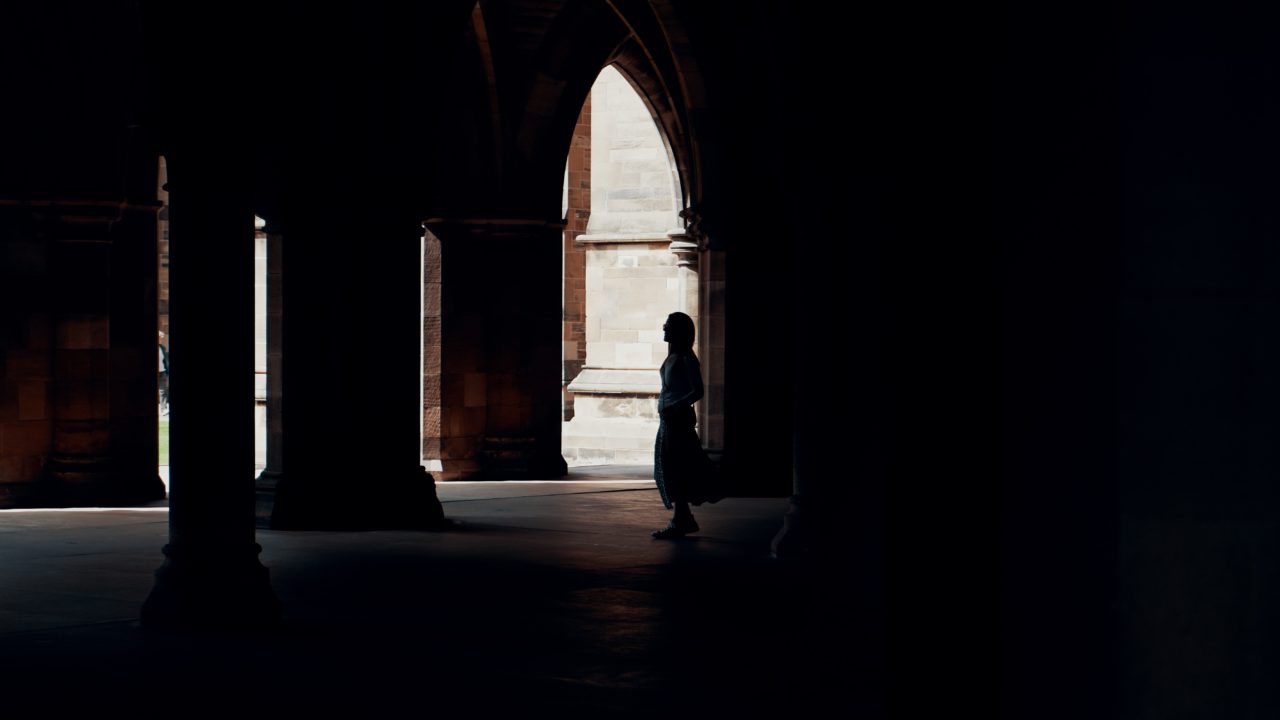Making Reparative Justice Real – the University of Glasgow Approach
The history of the University of Glasgow stretches back almost six centuries – through the Reformation, the Jacobite Risings, the Glorious Revolution, the Enlightenment, the Industrial Revolution and two world […]

The history of the University of Glasgow stretches back almost six centuries – through the Reformation, the Jacobite Risings, the Glorious Revolution, the Enlightenment, the Industrial Revolution and two world wars. Ours is a rich history, interwoven with the story of Scotland and with much to be proud of.
At the same time, there are aspects of our past which it might be tempting to forget; and the way the University benefited from the proceeds of slavery in the 18th and 19th centuries is a stand-out example. Even here, there are positives – a Glasgow professor, Adam Smith, included a ringing condemnation of slavery in his work, ‘The Wealth of Nations’ (1776); Glasgow’s professors petitioned Parliament to abolish slavery; and the University awarded an honorary degree to the abolitionist William Wilberforce, in the teeth of opposition from local sugar, tobacco and rum merchants.
On the other hand, the University accepted many donations from individuals who owned enslaved people or who profited from slave-based activities. In order to assess the scale of the issue, the University’s senior management commissioned a detailed academic study of the archival records. This suggested a range of possible figures ranging from £16m to £198m in today’s currency.
Bequests from merchants who were knee-deep in transatlantic slavery helped to fund scholarships for Scottish students and professorial chairs for academics; and their heirs also made donations through the middle years of the 19th century. In the 1860s – 30 years after slavery had finally been abolished in the British Empire – these donations contributed to the construction of the University’s magnificent main buildings at Gilmorehill, in Glasgow’s west end.
The report that exposes these aspects of our past has been well received around the world. In part, this is down to the quality of the academic work that went into the report – advised by a broad-based committee which included external experts, staff and students, my colleagues Professor Simon Newman and Dr Stephen Mullen did a fantastic job telling a story that combines economic history with biographies of real people who suffered enslavement. One senior newspaper reporter told me he stayed up till 3am reading it and finished it with tears in his eyes.
But the sympathetic coverage in the press – especially in the UK, the Caribbean and the USA – also reflected the approach the University took in response to the report. First, in the interests of transparency and openness, we decided to publish it for all to see. The University also committed to a programme of awareness raising and education to share our knowledge with the public – this is already underway in collaboration with Education Scotland, among other partners. A free display of documents and images has opened on campus; a more extensive exhibition in the University’s Hunterian Museum is being planned. Other actions include scholarships and the naming of a building after James McCune Smith, a former enslaved person who went on to receive a medical degree from Glasgow in the 1830s.
In the spirit of reparative justice, we have agreed a partnership with the leading research institution in the Caribbean – the University of the West Indies (UWI) – to establish a collaborative Centre for Development Research. The first signing of this document was in Kingston, Jamaica on 31 July – the eve of Emancipation Day. It was greeted by academics, government ministers and prime ministers from countries throughout the Caribbean, who saw the event as a watershed. As Professor Sir Hilary Beckles, UWI’s Vice Chancellor put it, “Glasgow has moved into a space above and beyond all of those conversations that we have been having at the national university level and they have taken that philosophical step. We are not going to research and run, we are going to research and then we are going to stand up and repair.”
The second signing was on 23 August 2019 – UNESCO’s international day of remembrance for the slave trade and its abolition. It took place in the Glasgow University Chapel, a few yards from the spot where once stood Gilmorehill House – the home of Robert Bogle, a tobacco merchant and part owner of a plantation in Vere Parish, Jamaica.
Through the joint centre, we are committed to raising and spending £20m over two decades on projects which will benefit the people of the Caribbean and other regions affected by historical slavery. Areas under discussion include inter-disciplinary work on diabetes (prevalent in the Caribbean islands, partly for reasons rooted in the past), development of an online museum of slavery and work on the ecological impact of the plantation system. We intend to access sources such as the UK government’s £1.5bn Global Challenges Research Fund, which supports cutting-edge research on the challenges facing countries in the Global South.
Is our approach the right one? Are we going far enough and what are the implications of our actions for others? There may be no right answers to these questions, but we are open to debate about the Glasgow report and action plan. What is certain is that we will not forget the misery that slavery caused to millions of people and the relationship this University had with that shameful practice.